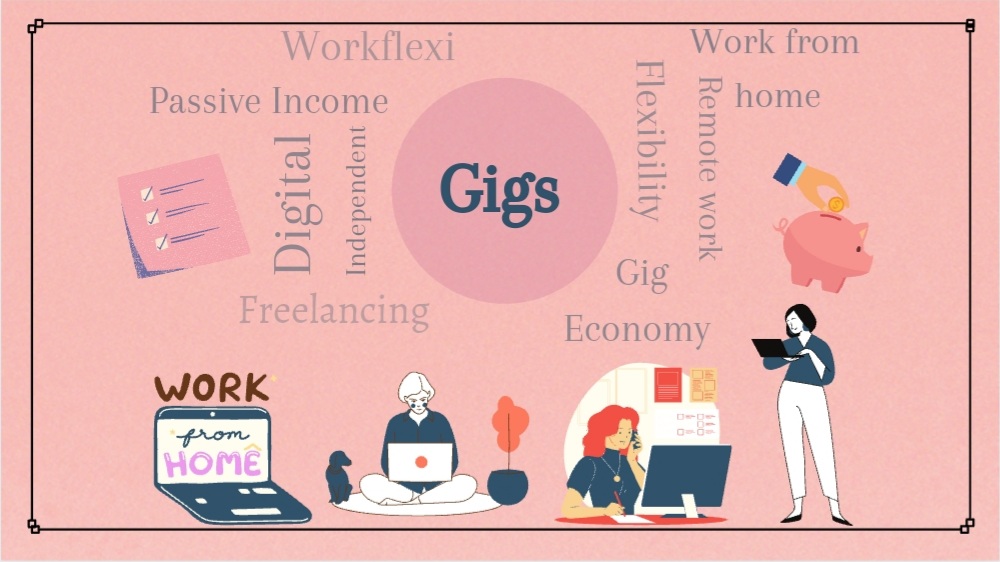5 ways to impress potential employers

Your first impression should be your best impression. They all say this but not everybody actually pays real attention to it due to one weakness: laziness. Just because you are in the market for a job doesn’t mean you shouldn’t research the job you are applying for. Half the time, the recruiters are only banishing the resumes to the dust bin for not meeting the basic criteria. Here are five ways to prevent that from happening…
Be the right applicant
Step into the shoes of your employer. Who would you hire? The person who meets your eligibility criteria or any layman who applies for a job? It’s crucial to understand the job specifications before applying for it. Ask yourself one question. Do you qualify? Do you have the degrees and relevant certifications? Do you have the experience? Are you under qualified or over qualified? Once you’ve answered these questions, you can never go wrong with the next company you apply for.
Work on your cover letter
Some don’t send it and some pay the least attention to it. You don’t realize that your cover letter is where you can make the first impression. A letter full of spelling and grammatical mistakes will put off any recruiter. If you are applying online, make sure you space your letter between paragraphs and use a readable font of a reasonable size. Importantly, make sure you answer the one question the recruiter is looking for: how are you best suited for the job. Show qualifications and experience that directly tie in to the job on offer. And always address the recruiter by their second name. Otherwise, ‘Dear sir/madam’ should work.
Customize your resume
One size doesn’t fit all, and this is true of the jobs market as well. This is particularly crucial when you have several qualifications and experiences to write about. No need to have such a laundry list and it’s not necessary to list all your attributes either. All you need to do is take out stuff that doesn’t suit the job and add or keep stuff that is perfect for the job you are applying for. It shows that you have properly researched for the job and it shows you are hard working and dedicated. When you can’t pay attention to customizing your resume, how can you show that you care for the company you are applying for?
Put your best foot forward
We all have our weaknesses. It’s important to talk about your strengths. If you are a fresher, your cover letter and resume can talk about your qualifications, grades and awards won on campus. If you are an experienced person, you could talk about the many milestones you’ve reached in your career before getting down to basics like qualification, experience and so on.
Get the essentials right
Don’t call HR people to ask if they’ve received your resume or ask for directions to their office. You should get that from Google Maps or ask the receptionist. Always give your mobile phone number on the resume, not your landline. Don’t apply for a job that is paying less than what you are currently earning. Stick to the script; don’t expect the company to make an exception for you unless you are ready for a pay cut because it is your dream company. If that is indeed the case, say it in your cover letter to score extra brownie points. Once you do make it to the interview, don’t forget to send a ‘Thank you’ email after it’s over, and perhaps even follow it up with a phone call. Patience, perseverance and good manners always have a market of their own.
Attachments area



